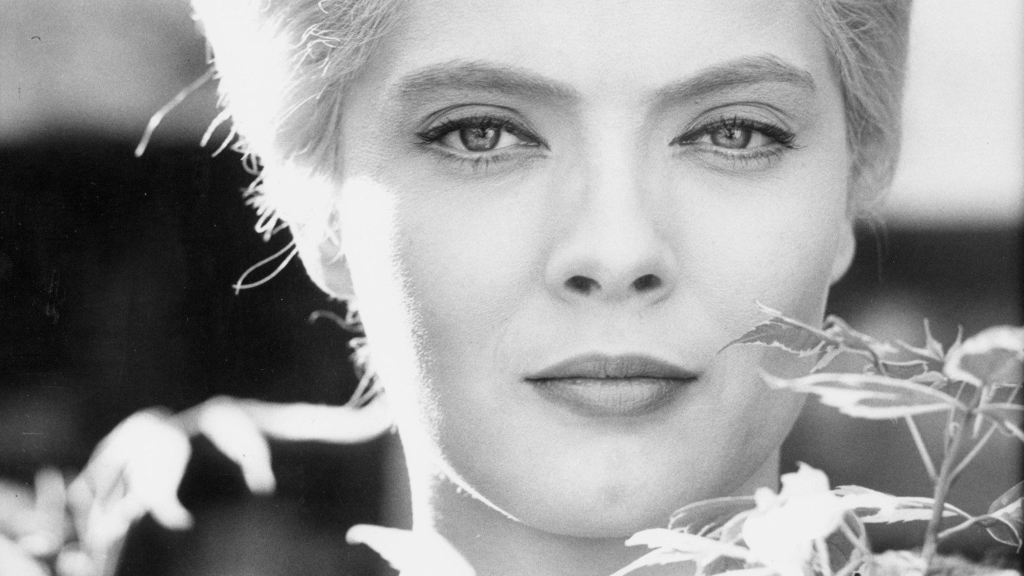Evan D.It’s a special Throwback Thursday this week and for the rest of September as Spinning the Reel embarks on another Decades Project. This time we are covering the 1960s on the podcast and right here on the blog. First up is my pick for the month: Agnes Varda’s Cleo from 5 to 7. When talking about the superficial qualities that people tend to voice as reasons not to watch classic cinema, Cleo from 5 to 7 hits just about every one. This is a black and white film, in French where little of consequence takes place from scene to scene. Despite all these qualities that feel foreign to modern audiences, Cleo is an absolute marvel. Cleo is a burgeoning star on the Parisian music scene. She’s beautiful and talented, often viewing her own worth through her appearance, but today Cleo has a bit more on her plate. We join Cleo through her daily tasks in real time for 90 minutes as he awaits the results of a tumor biopsy that could forever alter her life. None of the things Cleo does between 5 and 7 are particularly of note. She gets coffee with her assistant, rehearses with her songwriters and takes a walk through the park, among other mundane activities. It’s a slice of life so routine that it’s easy to get lulled into the rhythm of Cleo’s day. What is so masterful about Varda’s most famous film is the jarring contrast presented by the formal simplicity and the emotional tumult below its surface. While there’s nothing especially interesting about a young woman drinking a cup of coffee, the conversation of a dissolving couple beside her and, crucially, how that conversation relates back to this same young woman is infinitely fascinating. Cleo’s uncertain fate colors every fleeting moment simultaneously with a lurking dread and a joyous profundity. Her gaze is slowly pulled from mirror after mirror to the faces of strangers, completely unaware of her fame and her tragedy. Cleo isn’t the only radiant figure in her eponymous film. Varda’s talent and vision permeates every moment. It may not be obvious to viewers of modern film, but so much of the standard practice of camerawork and editing we take for granted originated with Varda and her contemporaries in films like Cleo from 5 to 7. She wields a bevy of astonishing techniques, from slick tracking shots to a potent film within a film, with devastating effect through her iconic achievement. To look at Cleo from 5 to 7 as encompassing of all that makes classic cinema inaccessible is to dismiss all the things that makes older films so transfixing. Cleo operates at a pace that allows it to explore some of the most human ideas put to film. It’s emotional without the express manipulation of modern tearjerkers. In just 90 minutes of her life, Cleo has so thoroughly shown you who she is and how she feels that she doesn’t need some final soliloquy to wrap neat bow around her experience. Cleo from 5 to 7 may ultimately be remembered for the outsize impact it has had on film more broadly and as the most popular effort of one of the trailblazers of feminist cinema. If you ask me though, this is a film that is more than simply important, it’s one that is thoroughly engaging from start to finish. 10/10 Cleo from 5 to 7 is available on HBO Max and Kanopy via the Criterion Collection Throwback Thursday is a weekly column offering a chance to explore some of the most notable films of bygone eras. There are no rules other than a release date before 1990. If you agree or disagree with this week’s review leave a comment below. If you have any requests for future editions send them to [email protected]!
Comments
|
Categories
All
Archives
April 2024
|
